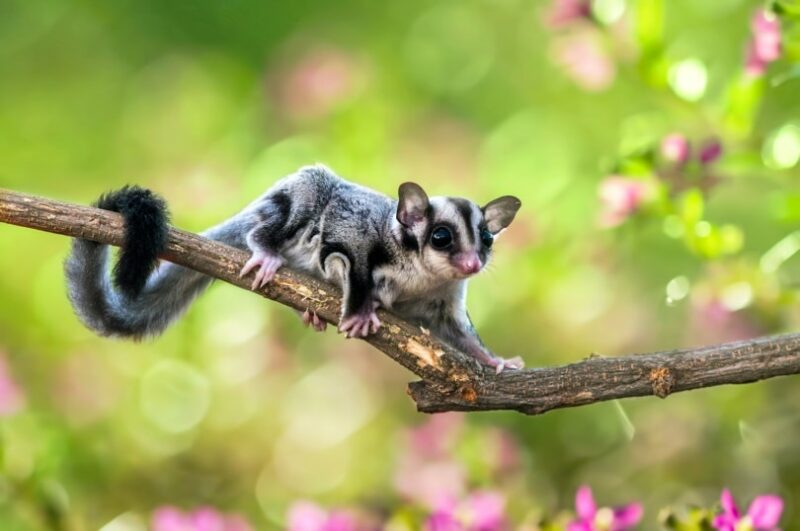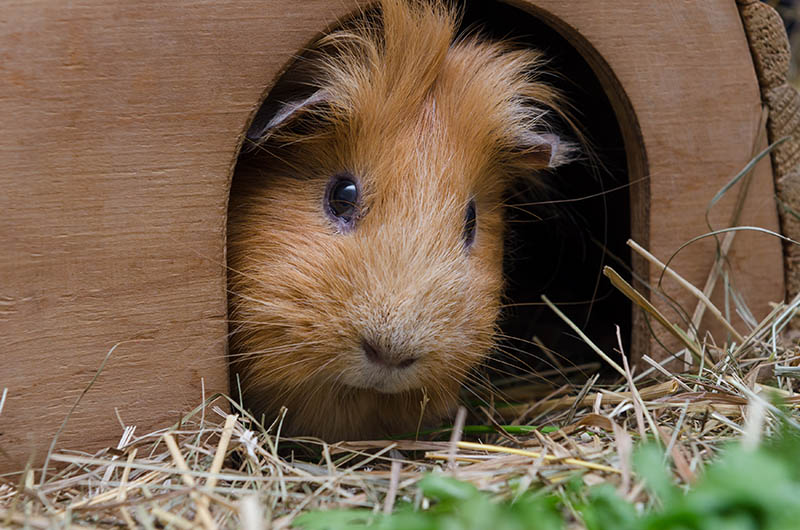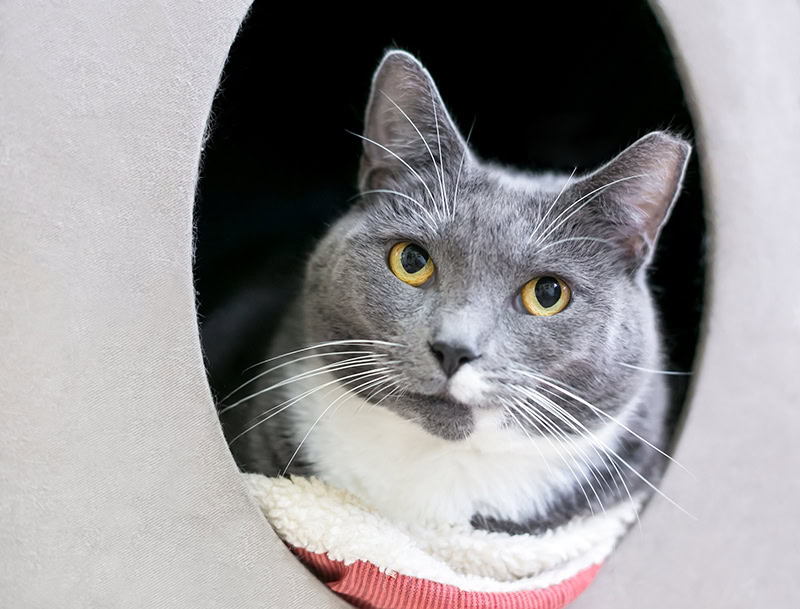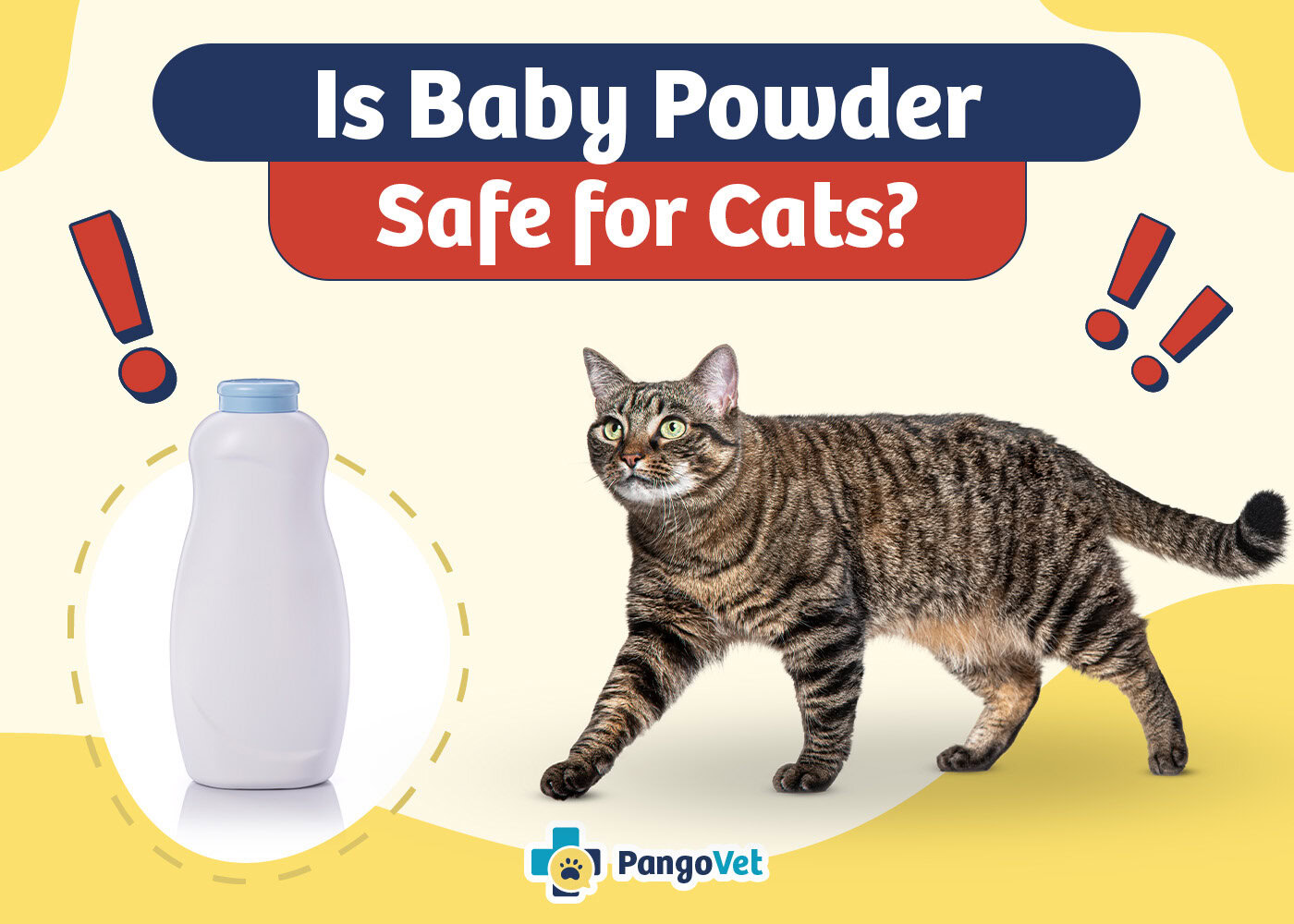Click to Skip Ahead
Sugar gliders can go a decently long time without food. However, they can only go for 3 days without water. They’ll start declining before that, though, as dehydration may set in after only a few hours. You should never leave a sugar glider without water for this reason. Just like humans, they consistently need access to a clean source of water.
If a sugar glider has water but no food, they may survive a few days. However, their blood sugar will quickly drop to dangerous levels. This drop may cause neurological signs, such as seizures and even coma. They may survive a few days without food, but that period won’t be without any consequences. Sugar gliders should preferably eat every day.

How Do I Know If My Sugar Glider Is Dehydrated?
In a perfect world, giving water to your sugar glider would prevent them from becoming dehydrated. However, it doesn’t always work that way. In many cases, sugar gliders may become dehydrated even with water available, especially if they are sick. If your pet becomes dehydrated even when water is provided, a vet visit is in order. Signs of dehydration include sunken eyes, loose skin, dry mouth, lethargy, abnormal breathing, and (in extreme cases) seizures.
Sugar gliders are small, so they don’t need tons of water. However, if your pet is sick and doesn’t seem to be drinking, you may want to visit the vet, as they can provide fluids via an IV. Some very sick sugar gliders may not feel like drinking even if thirsty, and the IV can prevent dehydration while they recover.
You should always make sure your sugar glider has access to fresh clean water. Don’t wait until your sugar glider is dehydrated to provide them with water.
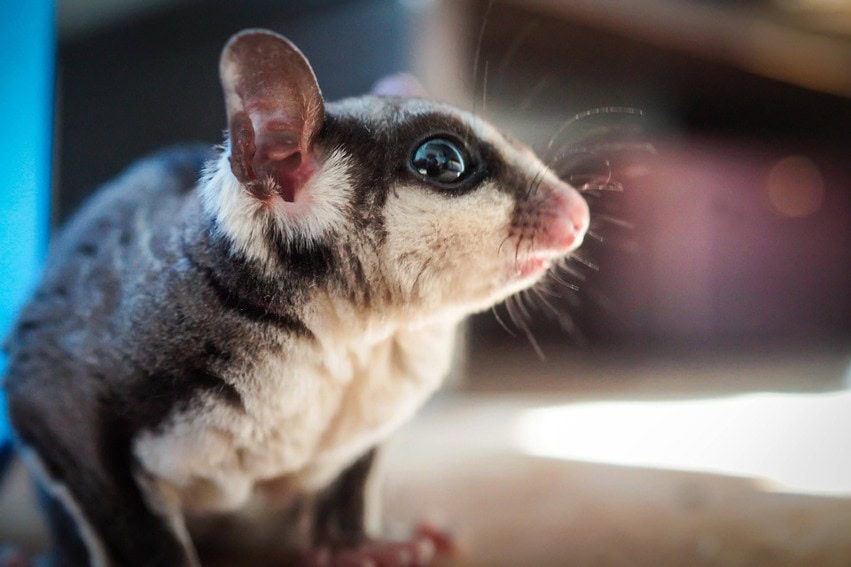
Do Sugar Gliders Need to Eat Every Day?
Yes. Sugar gliders are small, so they need to eat frequently. Otherwise, their blood sugar may drop to dangerous levels, causing seizures and similar issues. You should feed your sugar glider about 15–20% of their body weight every day. They only weigh a few ounces, though, so this often translates to a few tablespoons of food a day.
What you feed your sugar glider is vital. They’ll need a few teaspoons of nutritional pellets and a few teaspoons of fresh foods every day. Research what your sugar glider needs to eat, and always feel free to reach out to your vet for suggestions. You can also ask the breeder from whom you purchased your sugar glider, as they are often an expert in the field.
Of course, always provide your sugar glider with fresh water. They need water more often than they need food to prevent dehydration.
Do Sugar Gliders Get Sick Easily?
Sugar gliders aren’t prone to illness if they are cared for properly. Improper diet can make them more prone to sickness, though. Just like humans, sugar gliders require certain nutrients to thrive. Without these, they can quickly become deficient and more prone to sickness. Be sure to feed your sugar glider enough of the correct foods. Limit calorie-heavy snacks that don’t contain many vitamins or minerals.
Sugar gliders are particularly prone to dehydration. Due to their size, they require lots of frequent sips of water. Leaving them without water for only a few hours can cause dehydration. Therefore, you need to check their water regularly—multiple times a day, preferably. Refill it even if it isn’t completely empty. You should never let their water container run dry, as this can cause dehydration.
Adequately feeding sugar gliders when they’re young is extremely important. If they have nutritional deficiencies when they’re growing, they may not develop properly, causing chronic health conditions. Therefore, we highly recommend taking extra care when feeding baby sugar gliders. They need even more frequent sips of water than adults, so keeping their water container full is even more important.
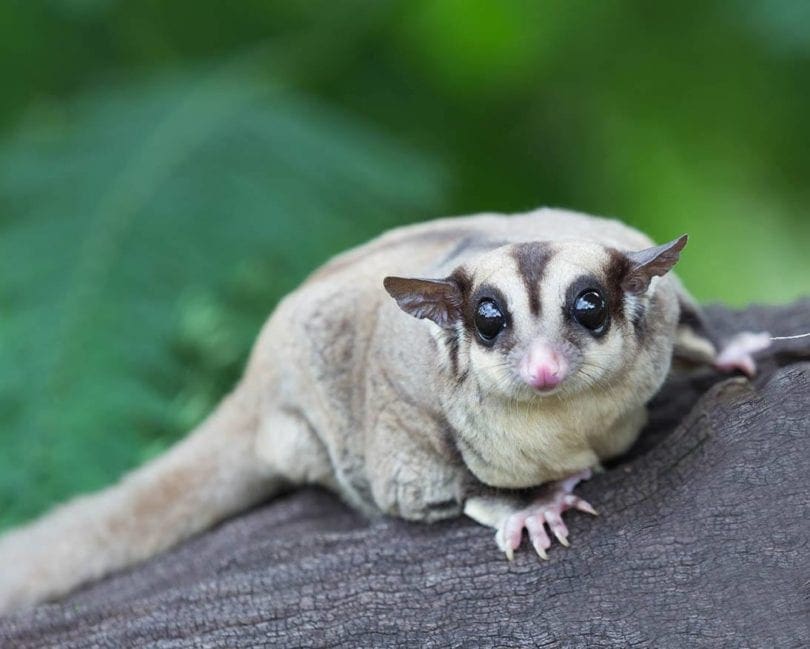

Conclusion
Sugar gliders are extremely small and require frequent sips of water and food every day. They tend to get dehydrated faster than many other animals, especially when they are babies, so it’s vital that you keep their water full at all times. Furthermore, you need to feed them daily to prevent their blood sugar from dropping too low.
These animals can only go without water for a maximum of 3 days. However, they’ll experience dehydration far before that, which can have chronic effects if it becomes serious. Sugar gliders can also go only a few days without food. They can go longer without food than water, though.
Featured Image Credit: Arif Supriyadi, Shutterstock
